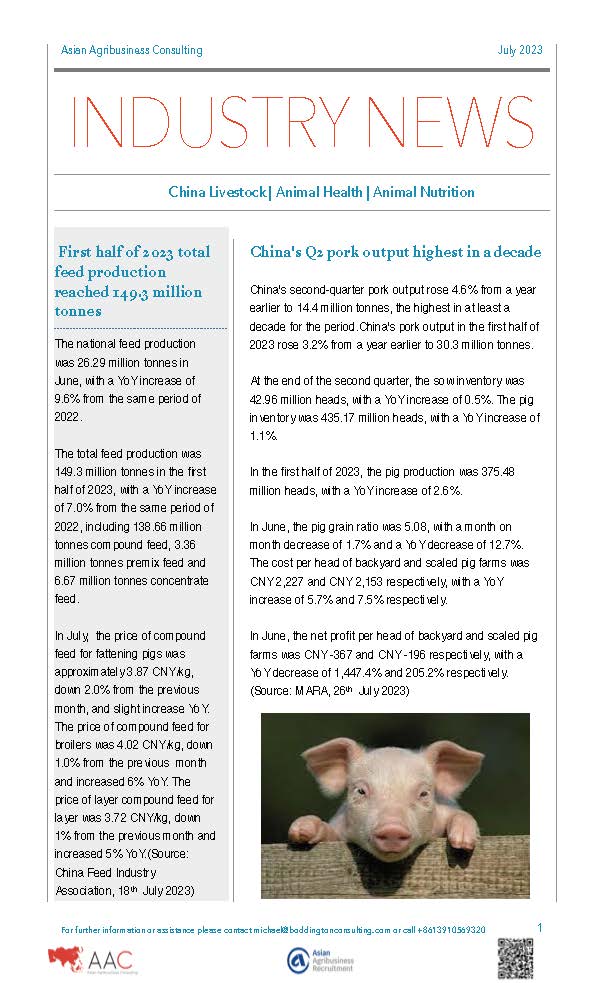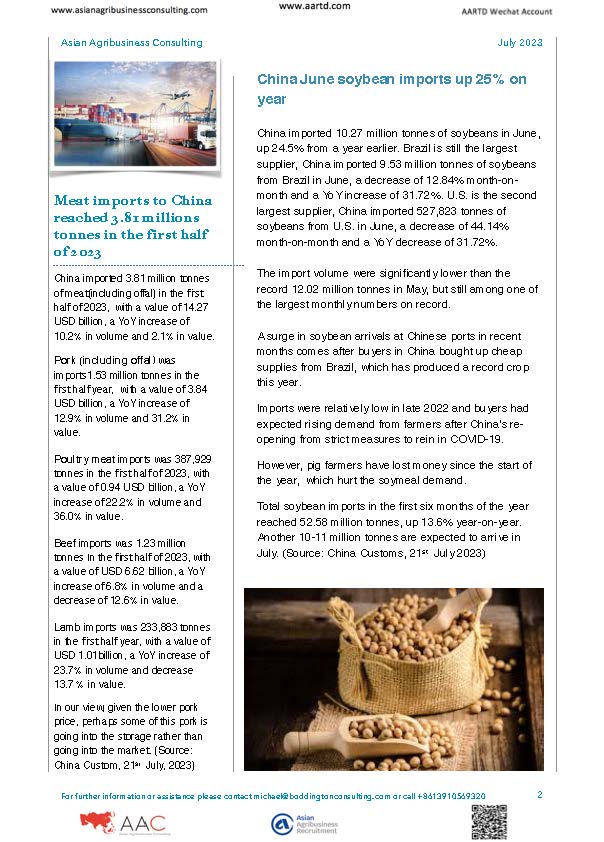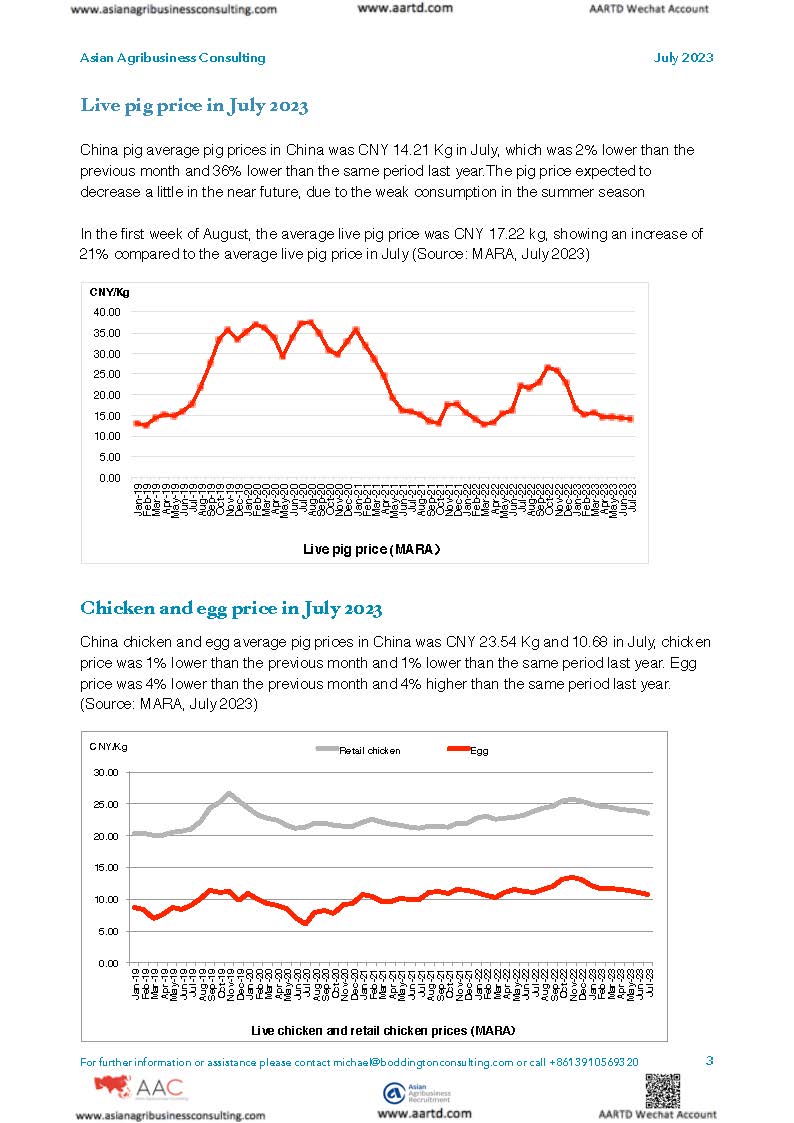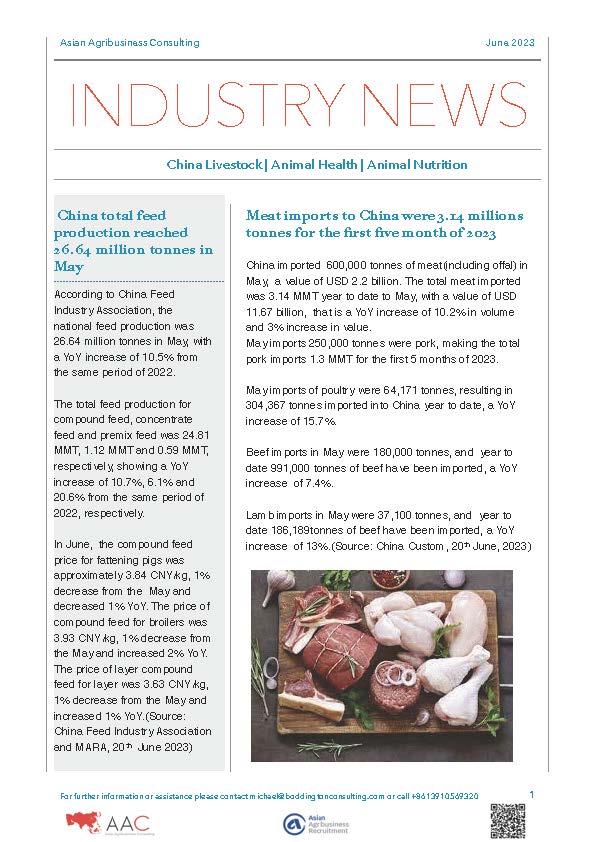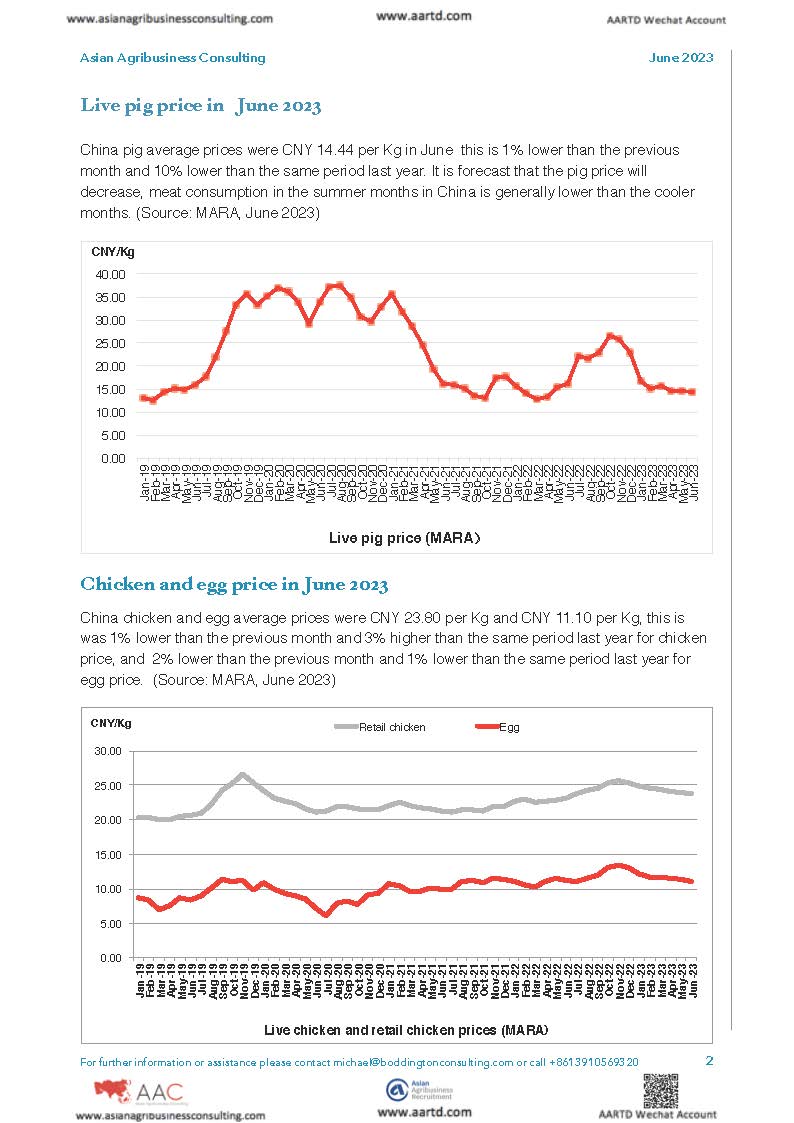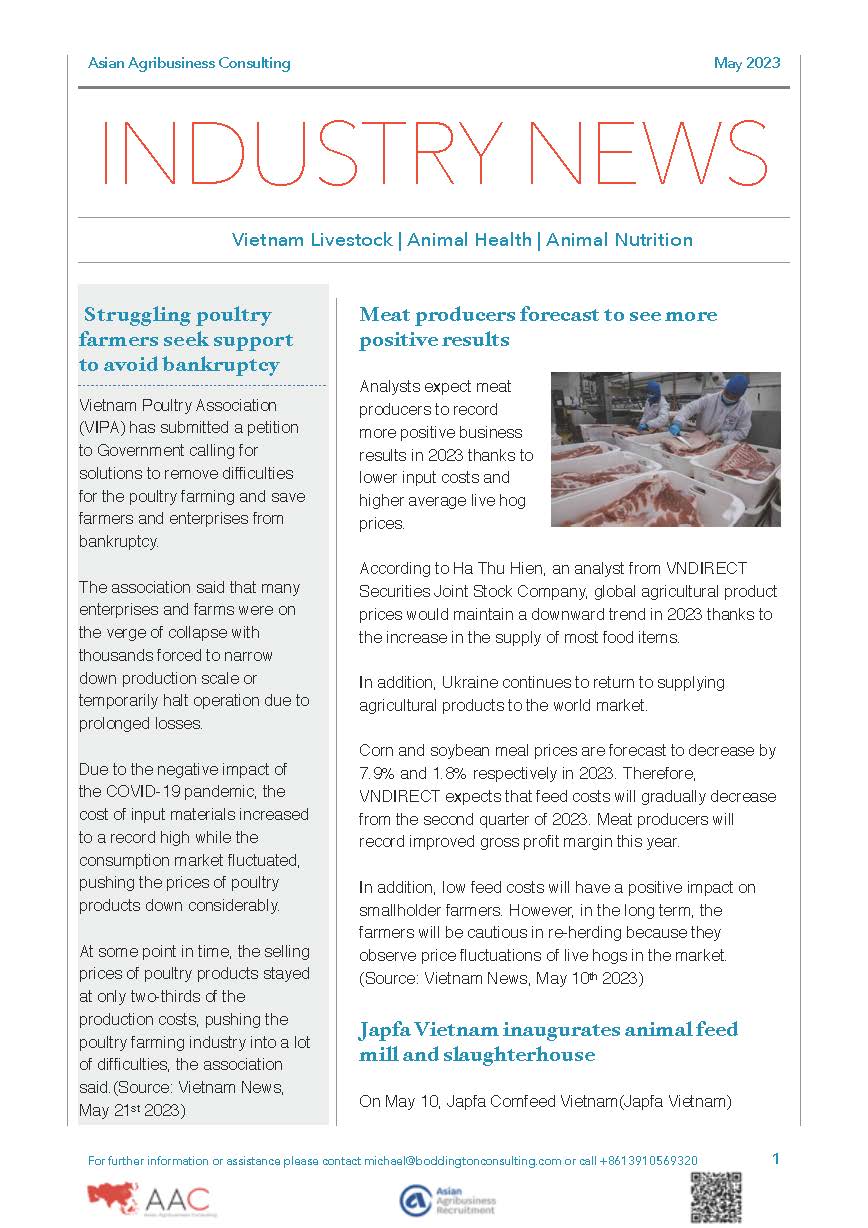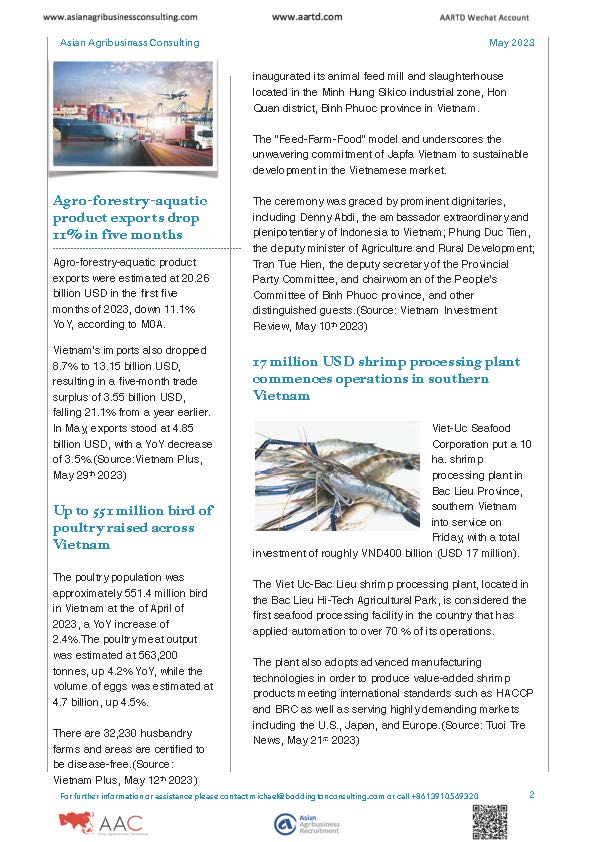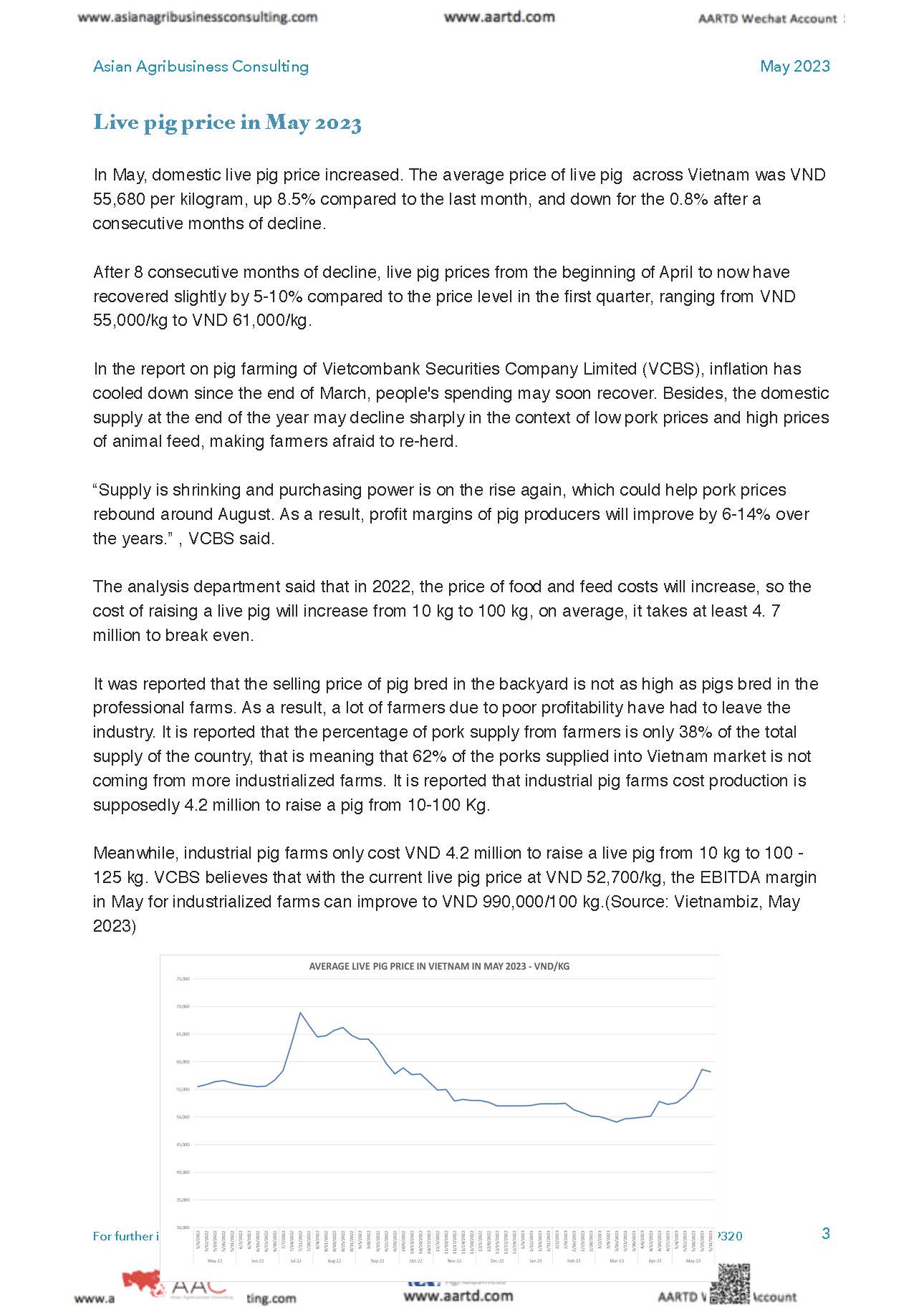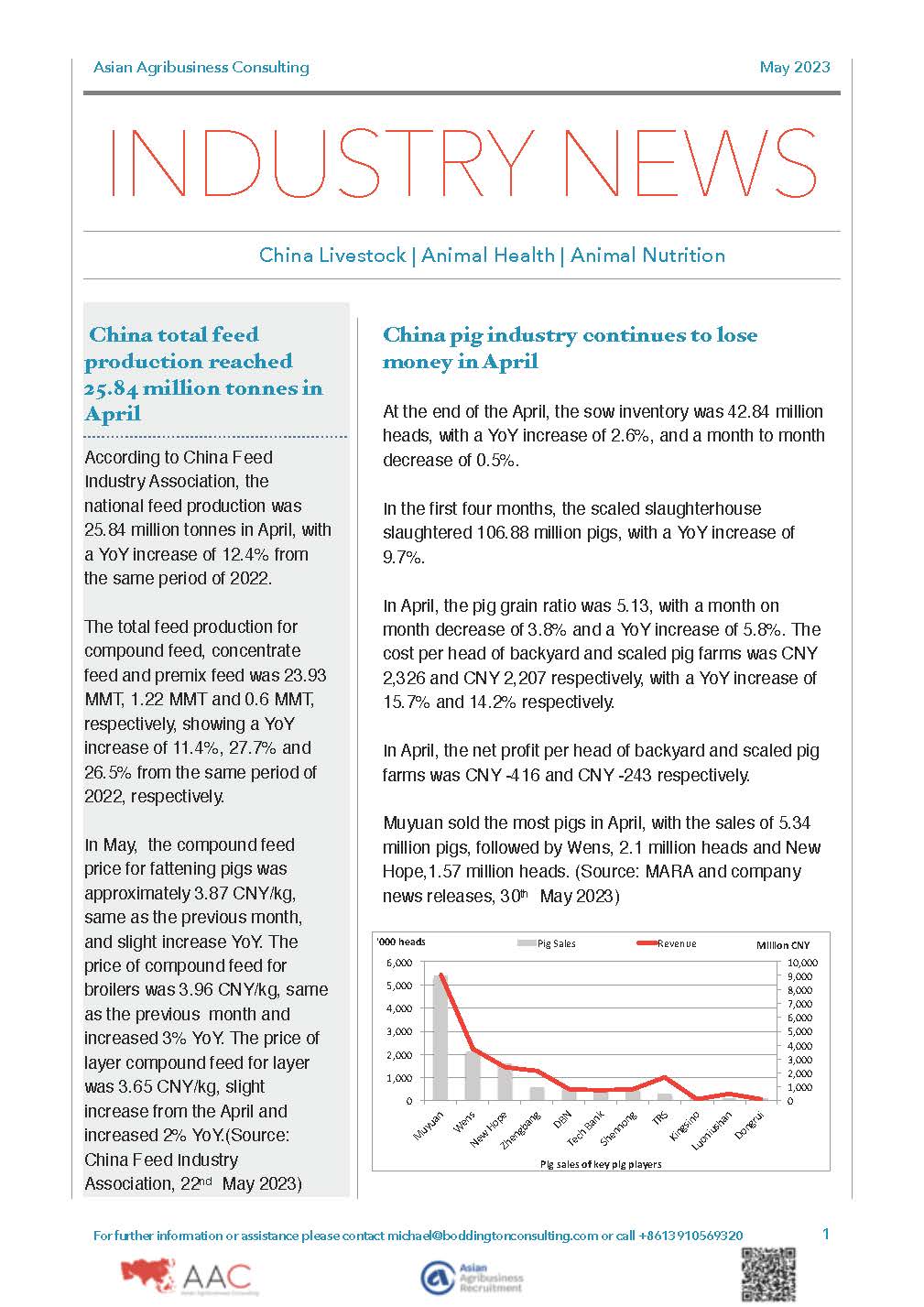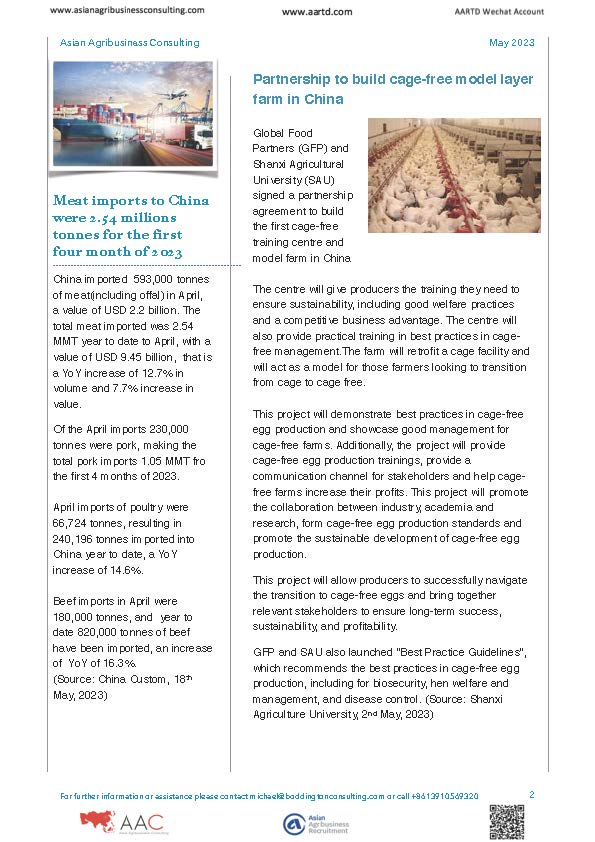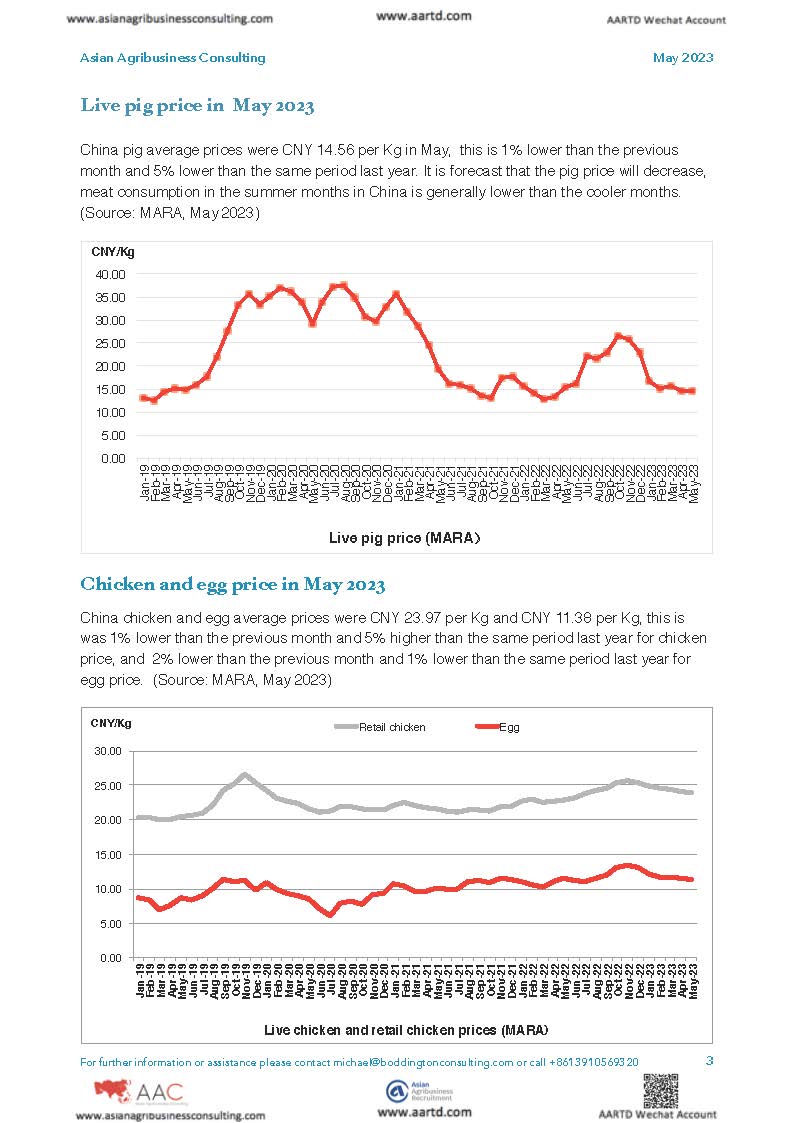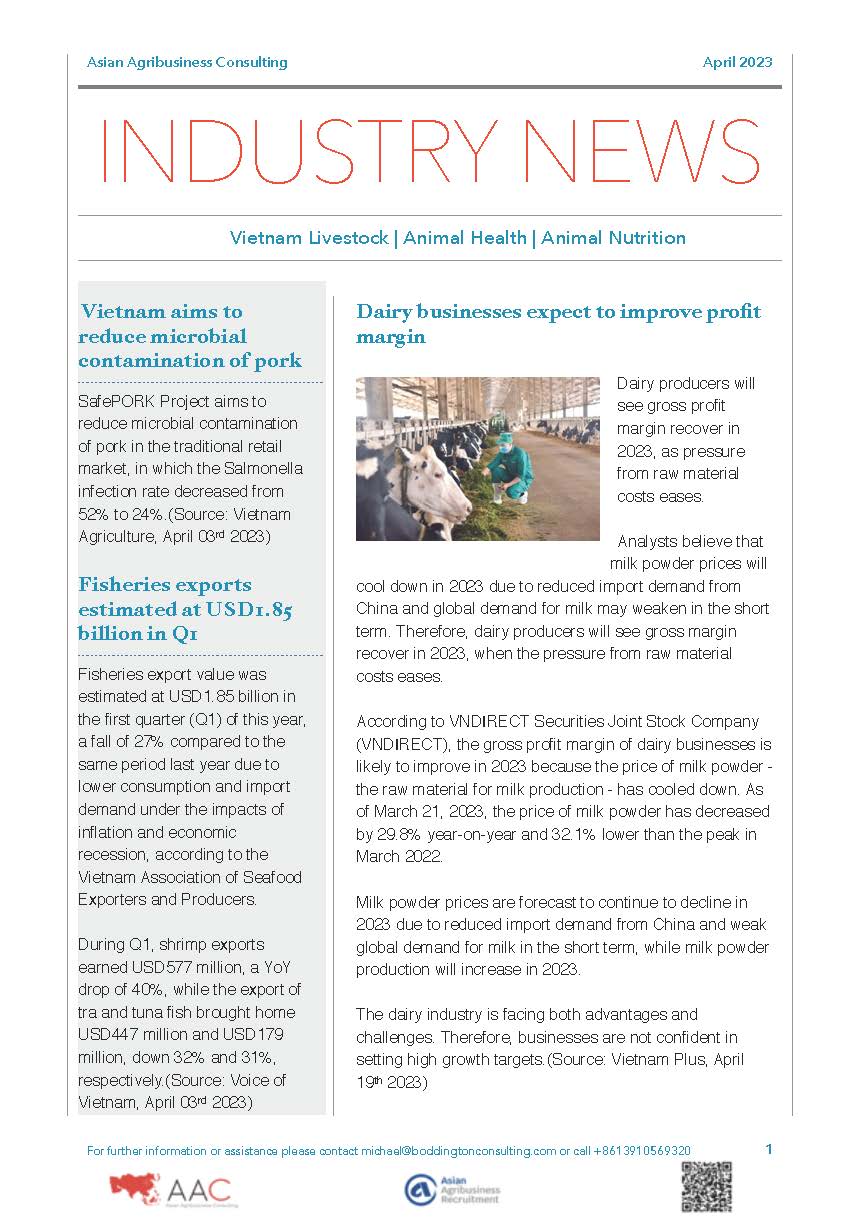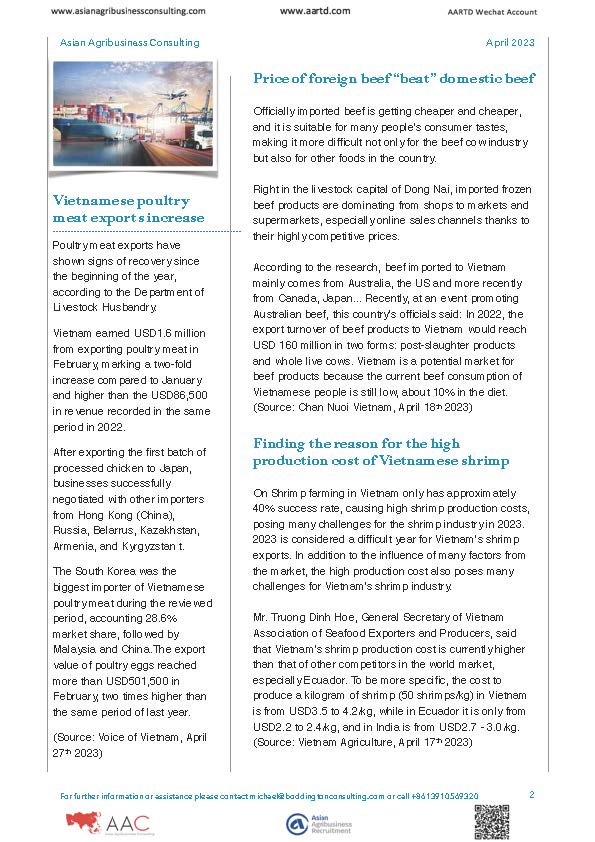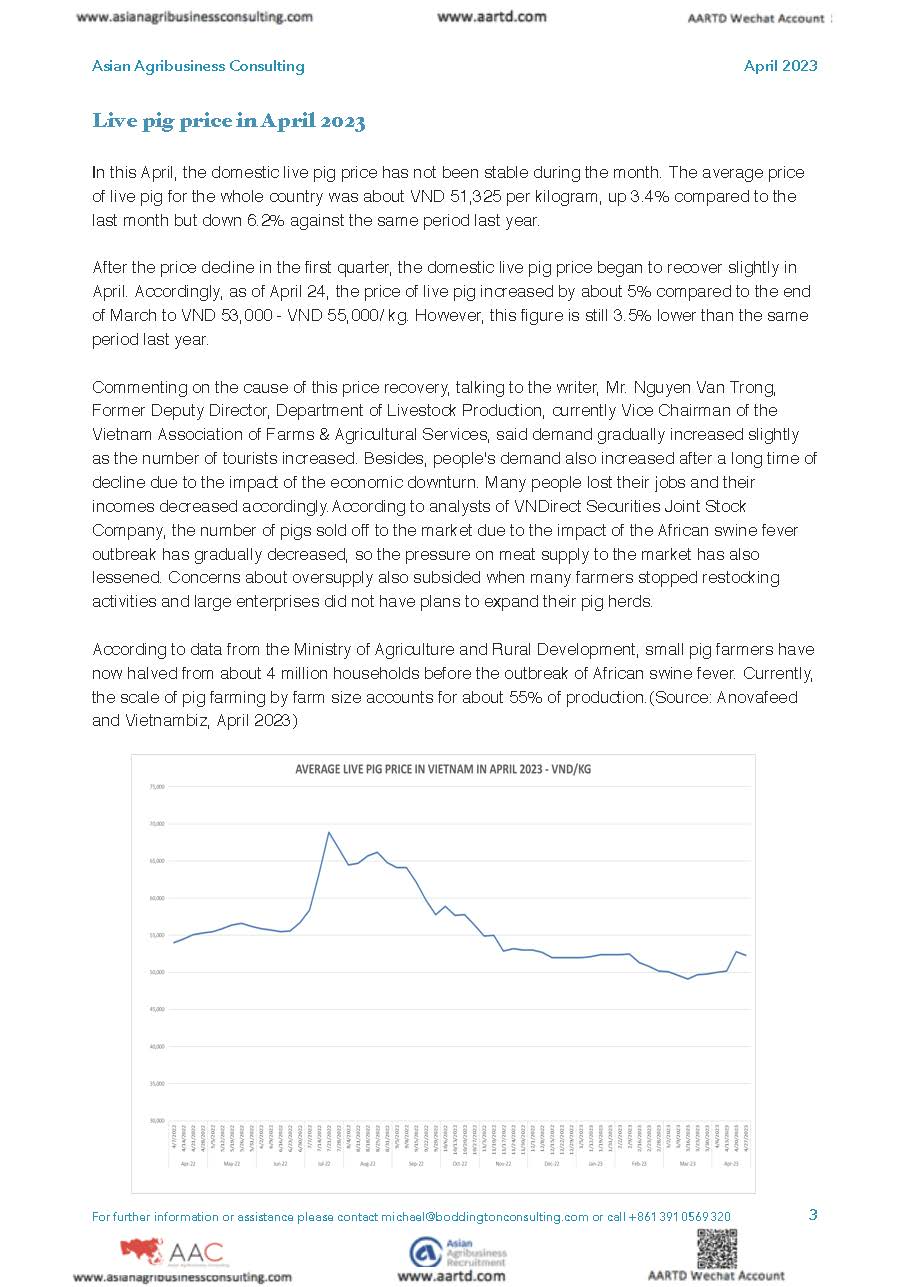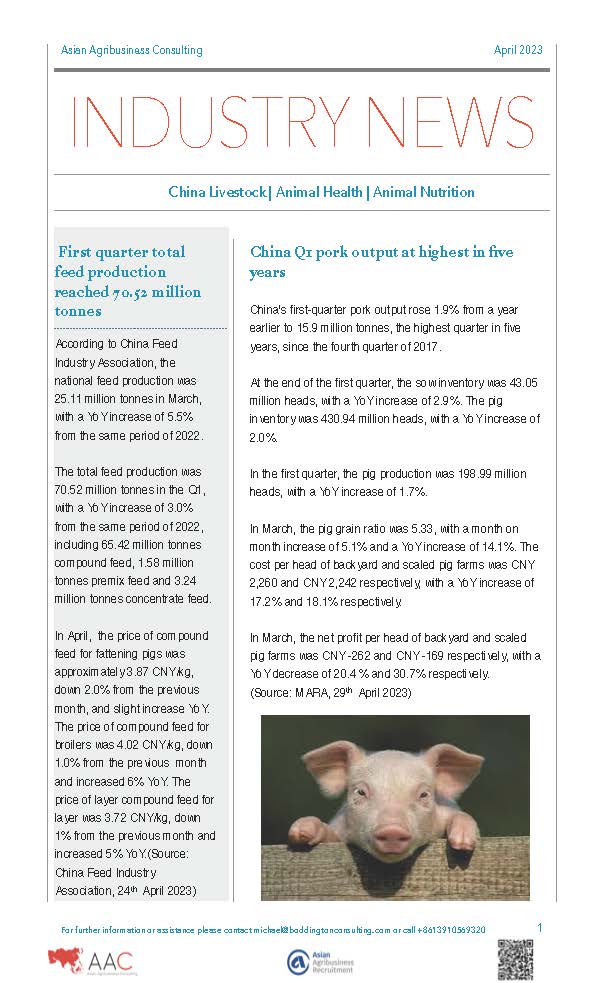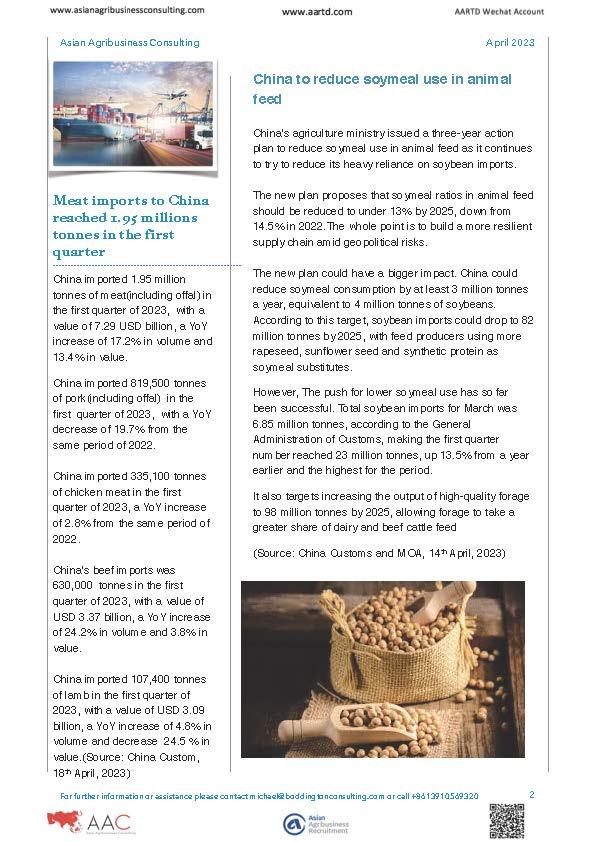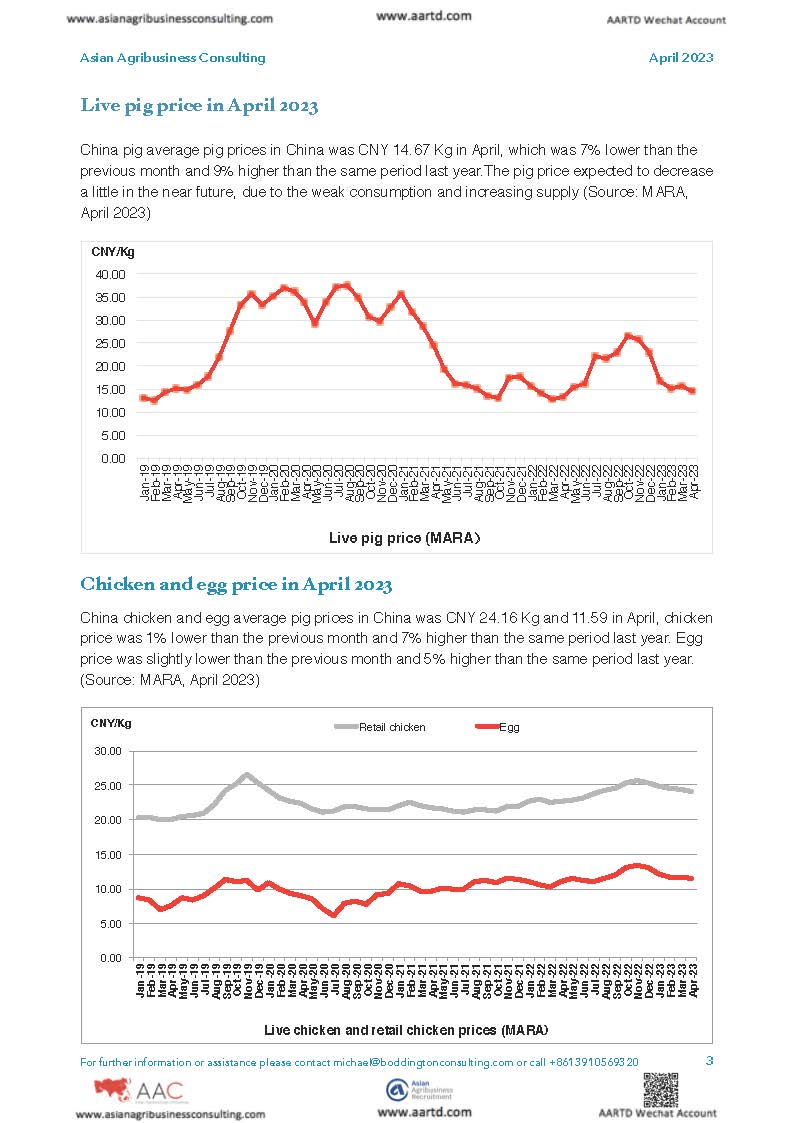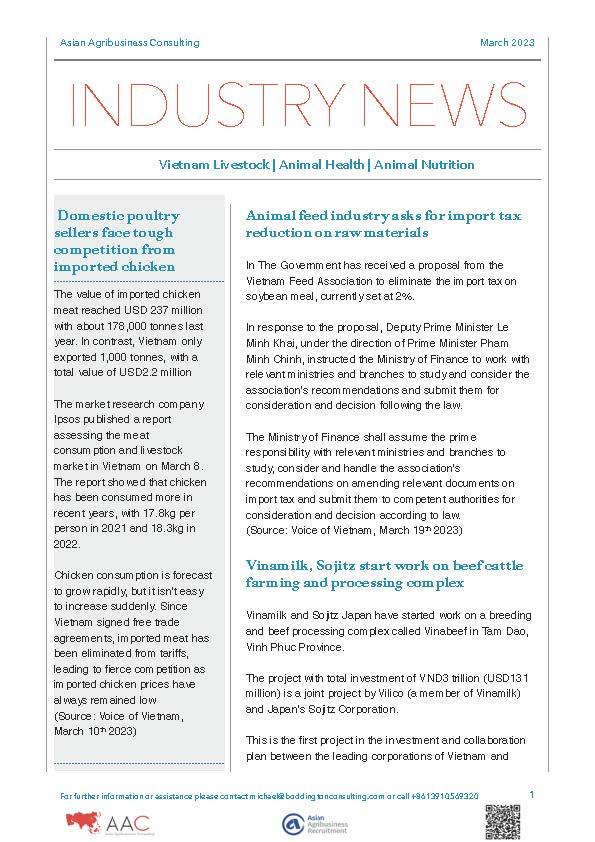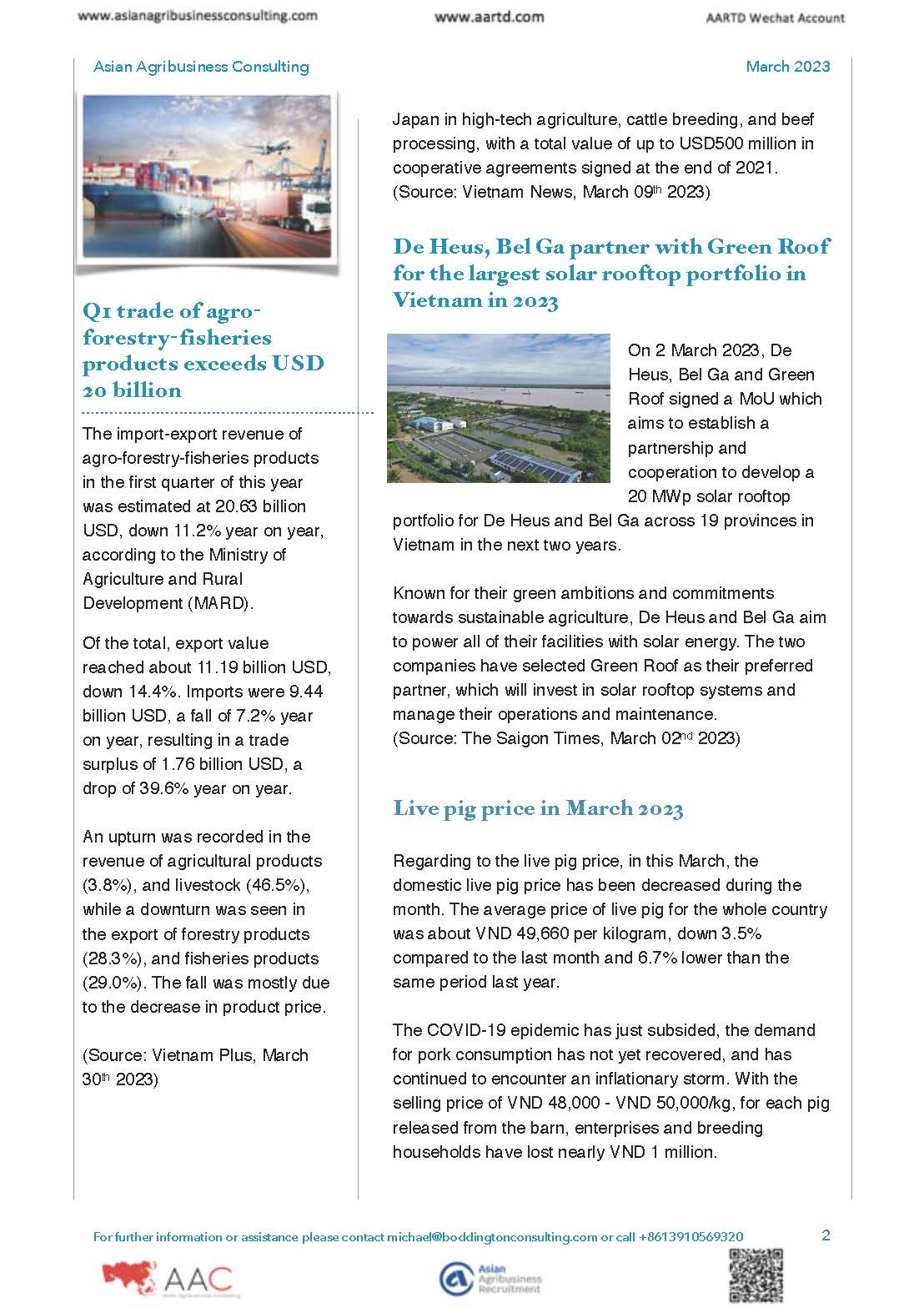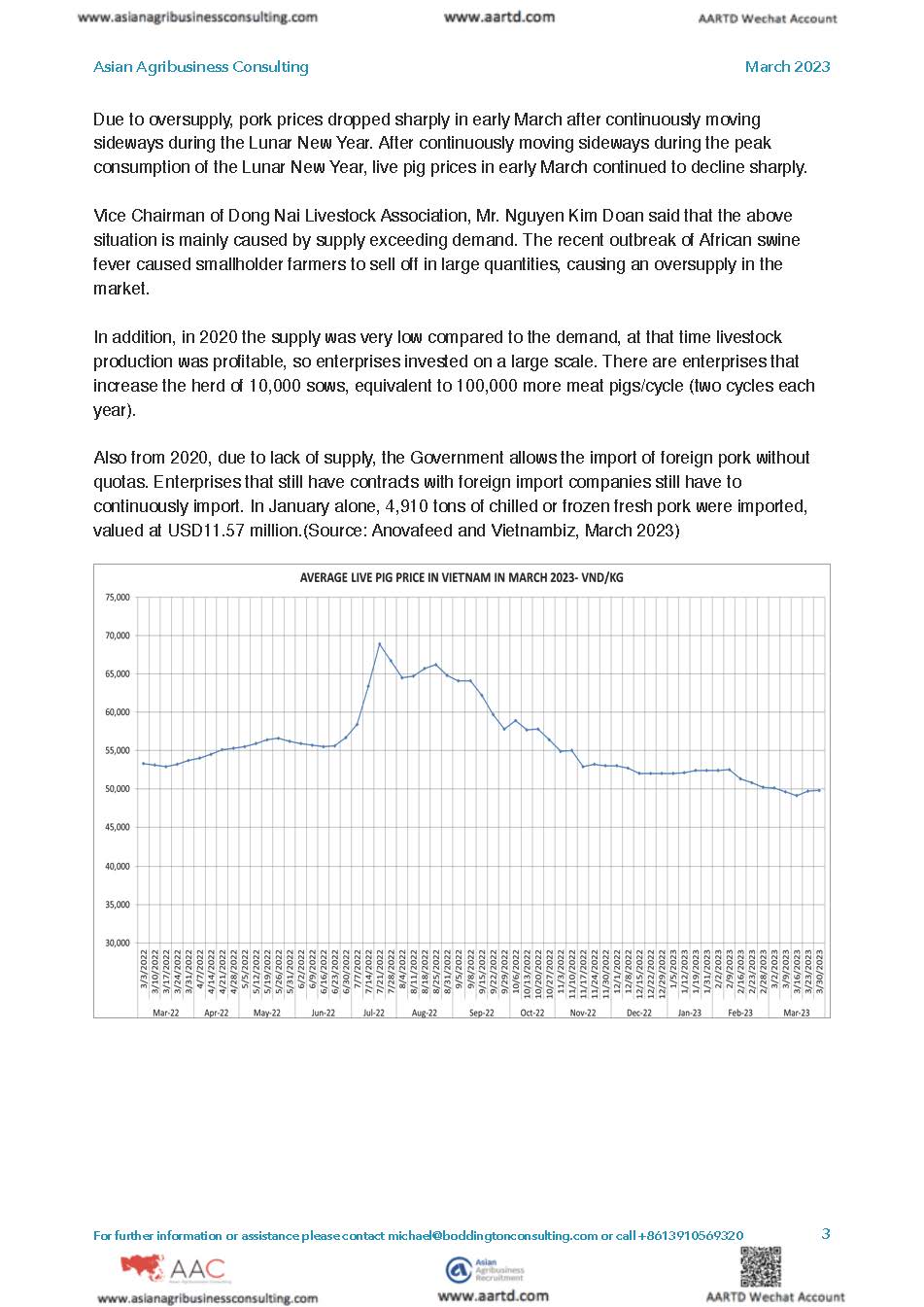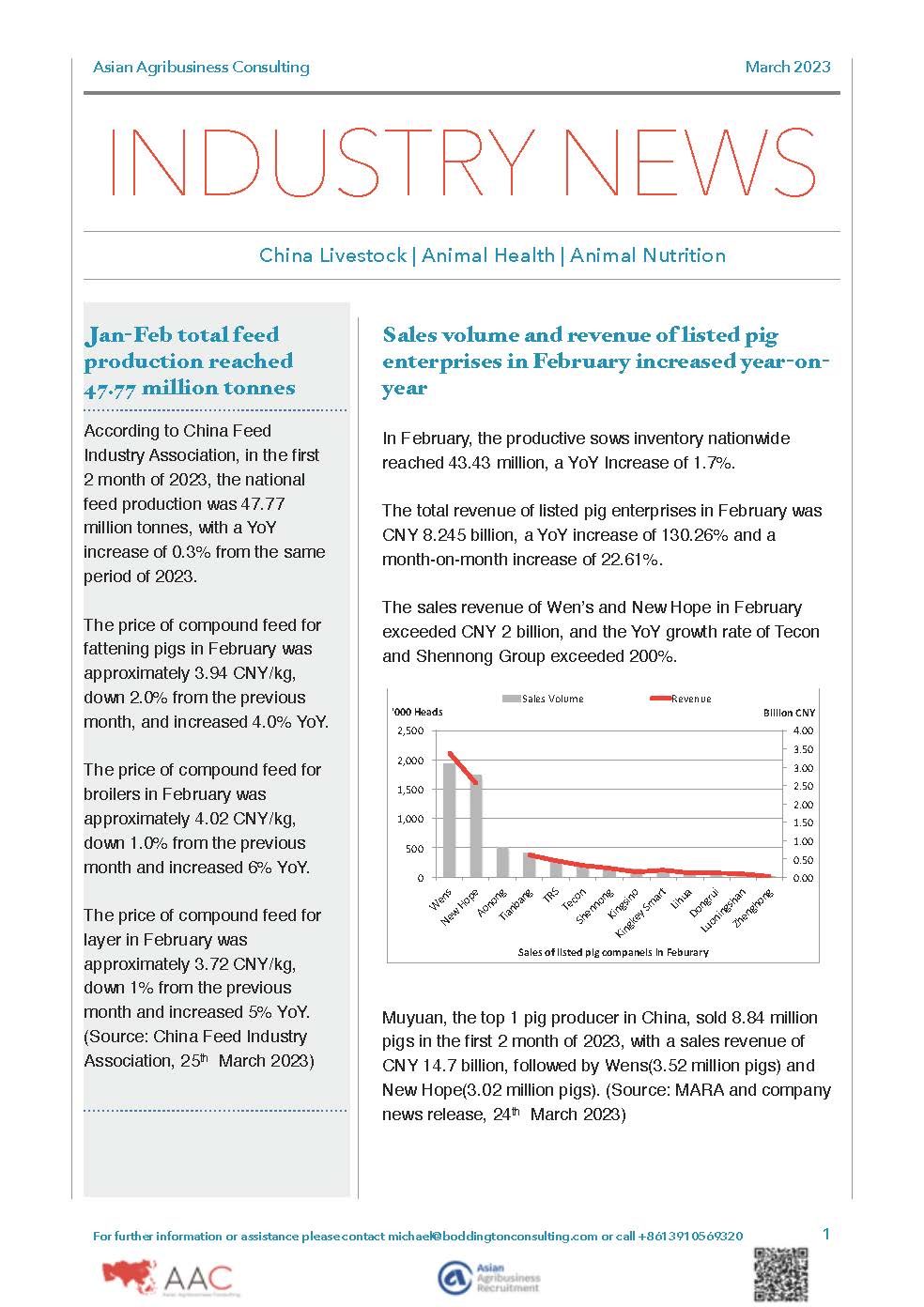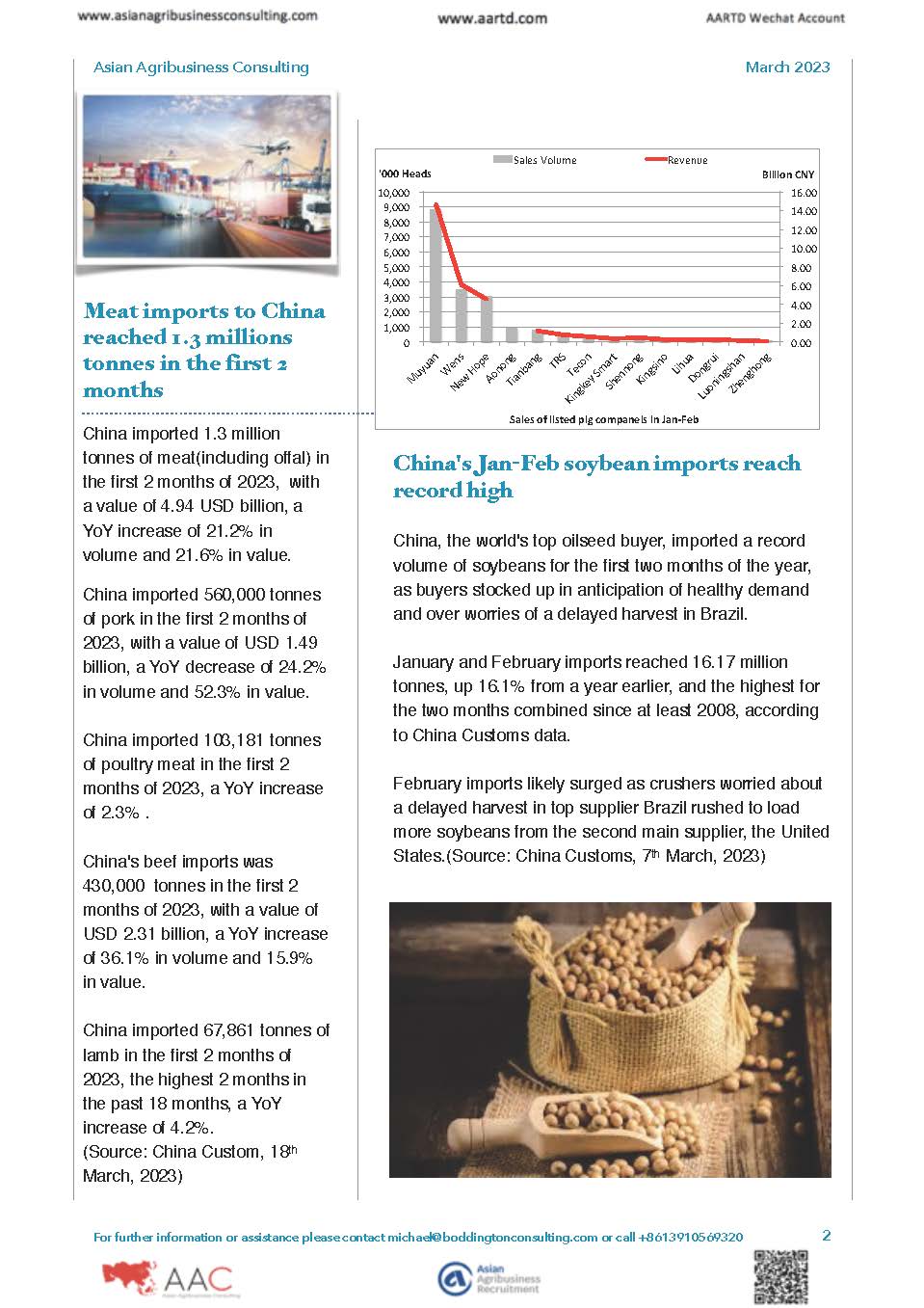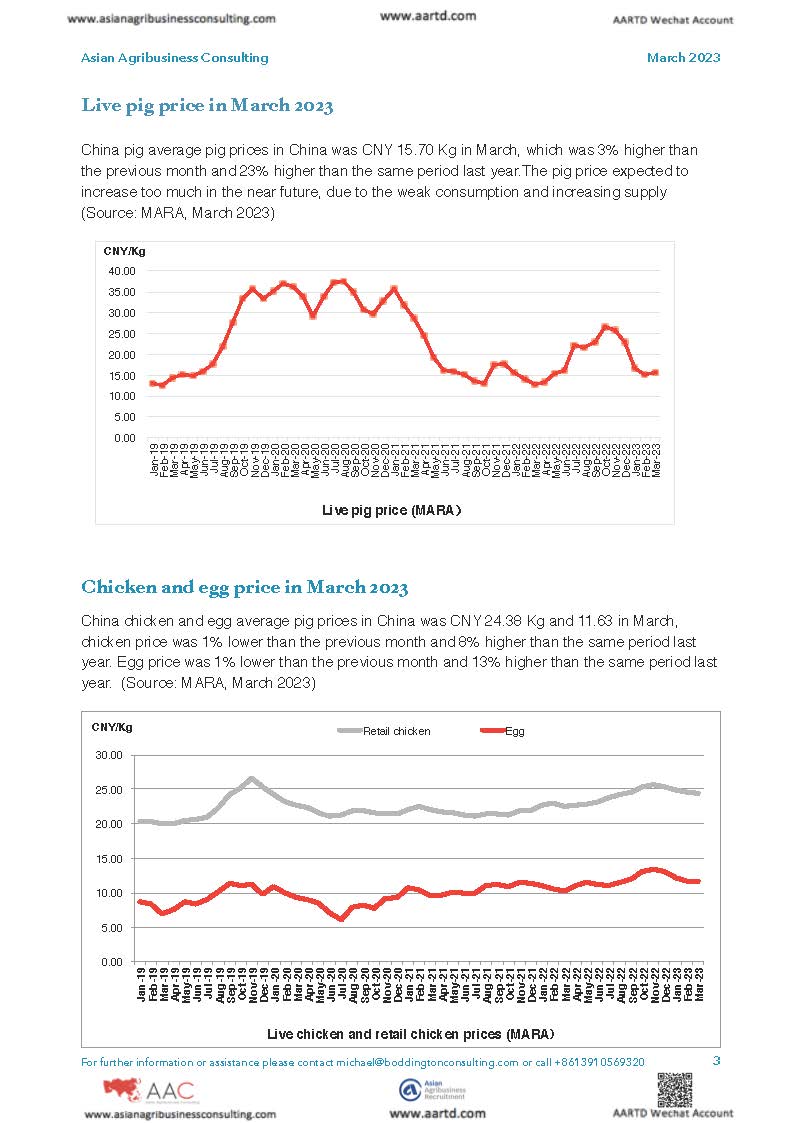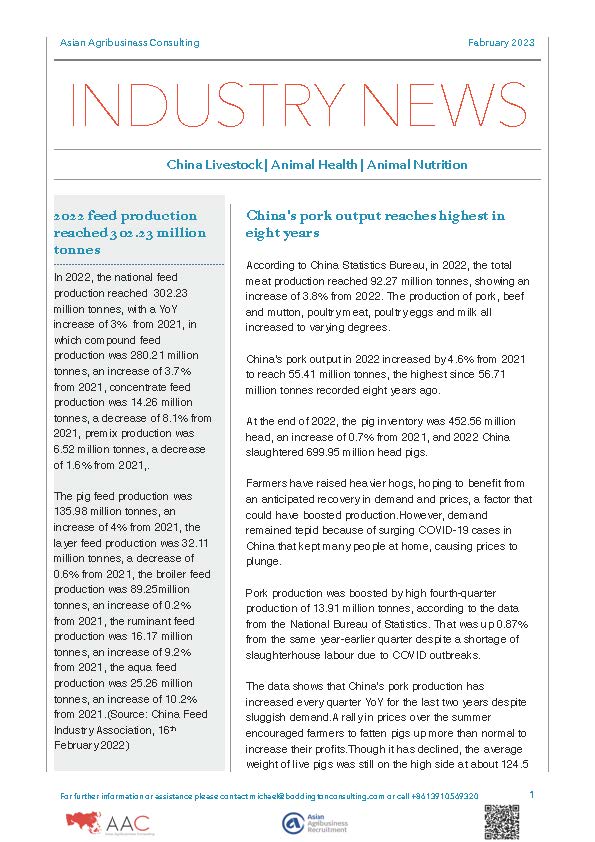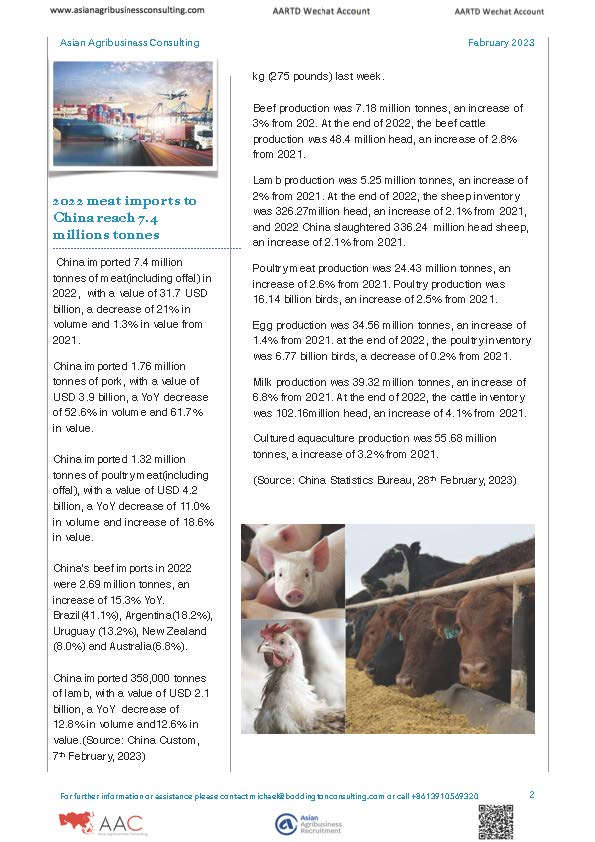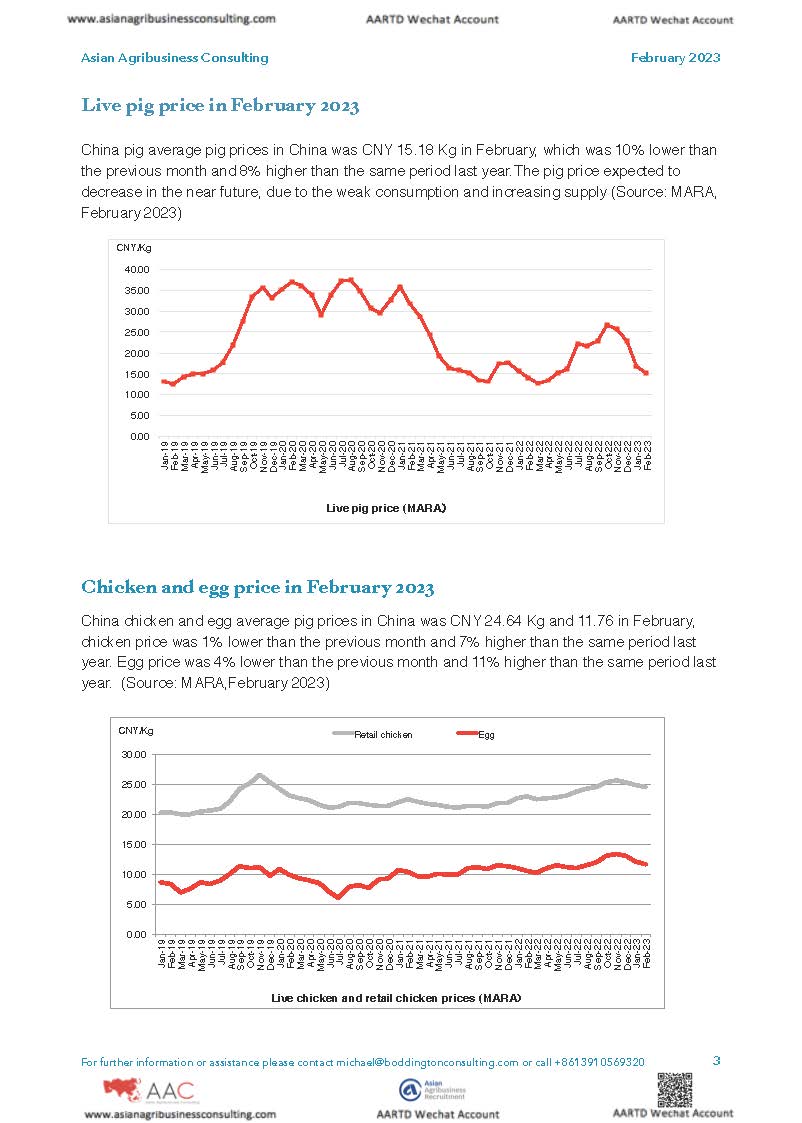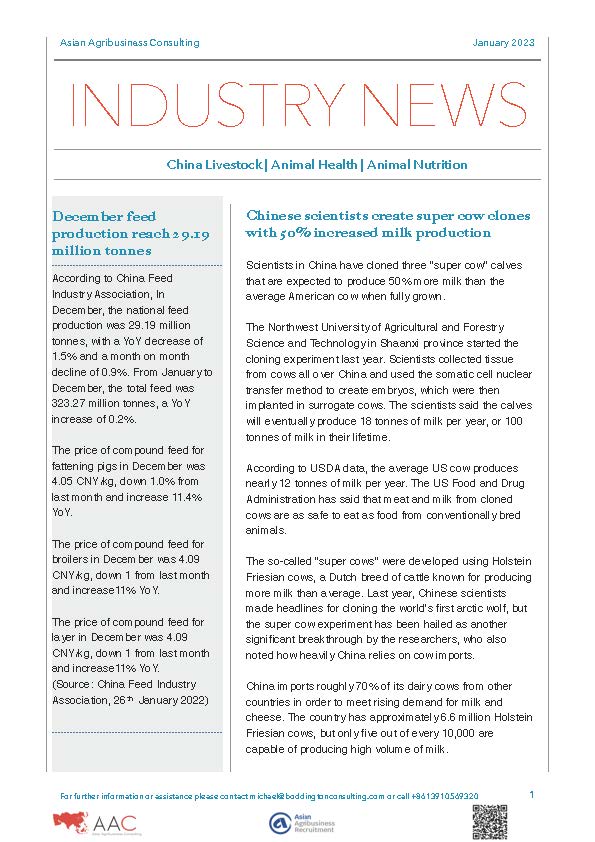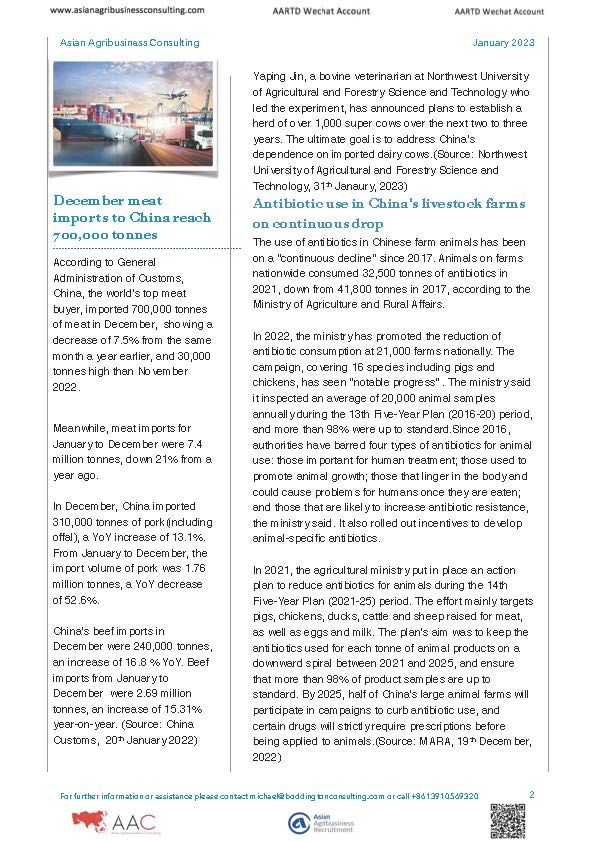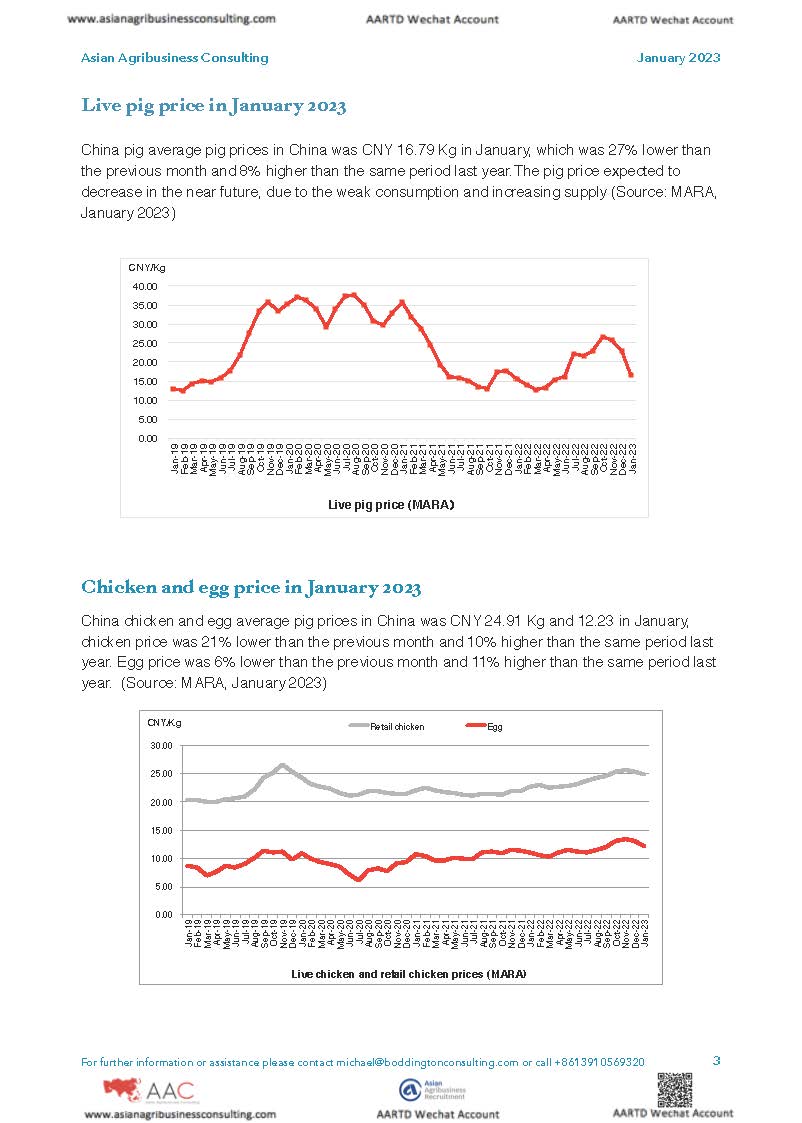Comments Off on China July Livestock, Animal Health & Nutrition
China July Livestock, Animal Health & Nutrition
Comments Off on China June Livestock, Animal Health & Animal Nutrition
China June Livestock, Animal Health & Animal Nutrition
Comments Off on Vietnam May Livestock, Animal Health & Animal Nutrition
Vietnam May Livestock, Animal Health & Animal Nutrition
Comments Off on China May Livestock, Animal Health & Animal Nutrition
China May Livestock, Animal Health & Animal Nutrition
Comments Off on Vietnam April Livestock, Animal Health & Animal Nutrition
Vietnam April Livestock, Animal Health & Animal Nutrition
Comments Off on China April Livestock, Animal Health & Animal Nutrition
China April Livestock, Animal Health & Animal Nutrition
Comments Off on Vietnam March Livestock, Animal Health & Animal Nutrition
Vietnam March Livestock, Animal Health & Animal Nutrition
Comments Off on China March Livestock, animal health & nutrition
China March Livestock, animal health & nutrition
Comments Off on China February Livestock, animal health & nutrition
China February Livestock, animal health & nutrition
Comments Off on China January Livestock, animal health & nutrition

